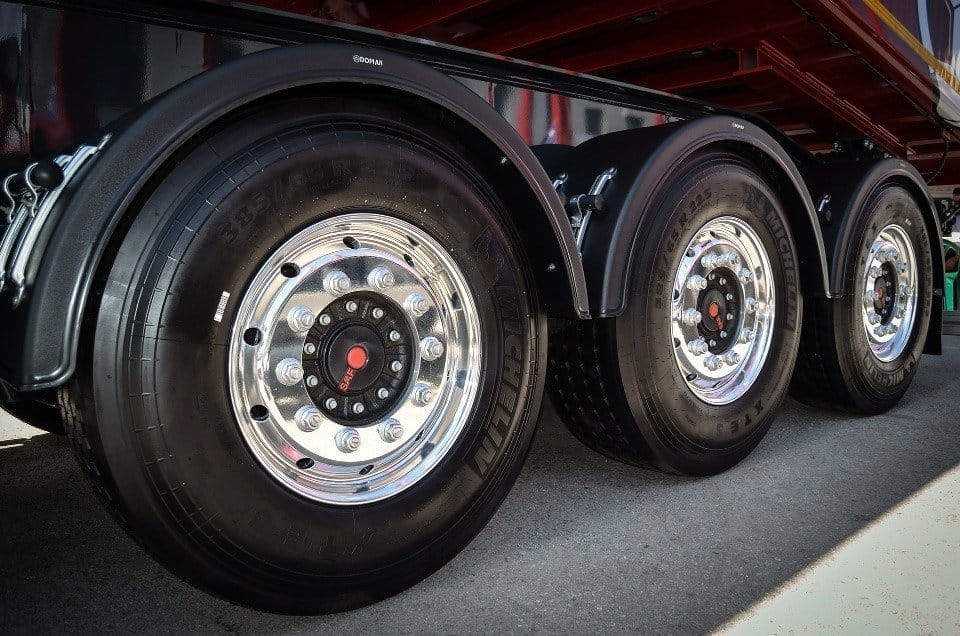High-quality commercial tires maximize safety, hauling capability, and mileage efficiency. There is a lot to consider while shopping for products for your fleet. Follow these tips to find the right solutions for your needs.
A Brief Shopping Guide for Commercial Tires
1. Buy New
Although new tires may cost more than used ones up front, they save you money in the long run. It’s difficult to know how well used parts were maintained and the type of wear they experienced. Any hidden weaknesses could cause blowouts. New units have longer life spans, as their treads contain no damage.
2. Consider Application
There are many types of products available, each specializing in different applications. Choose the ones designed for the kind of usage your vehicles experience.
For example, commercial traction tires are ideal for trucks that travel off-road to job sites in unpaved conditions. Semi-truck tires are designed for fuel efficiency to support long hauls, remaining steady at high speeds on the freeway. Urban tires are built to withstand wear from constant stops and turns. Additionally, consider weather conditions. For vehicles that venture into locations with frequent rain or snow, pick products that provide added traction.
3. Ask About Warranties
Since commercial tires are investments, ensure they’re protected under warranties. Warranties often cover manufacturer defects and premature wear, helping you secure free replacement or repairs. The average warranty remains in effect for around seven years, providing three retreads to address wear.
If you’re looking for high-quality commercial products, turn to Texas Commercial Tire in Hutchins, TX. Serving drivers throughout the Greater Dallas area, they carry an expansive inventory of new tires from the most reputable manufacturers in the industry, including Goodyear®, Dunlop®, and Kelly Tires®. They also offer maintenance services, such as wheel alignments and tire repairs, to extend the life expectancy of your purchases. Start shopping online today, or call (972) 225-6640 to ask what they have in stock.

